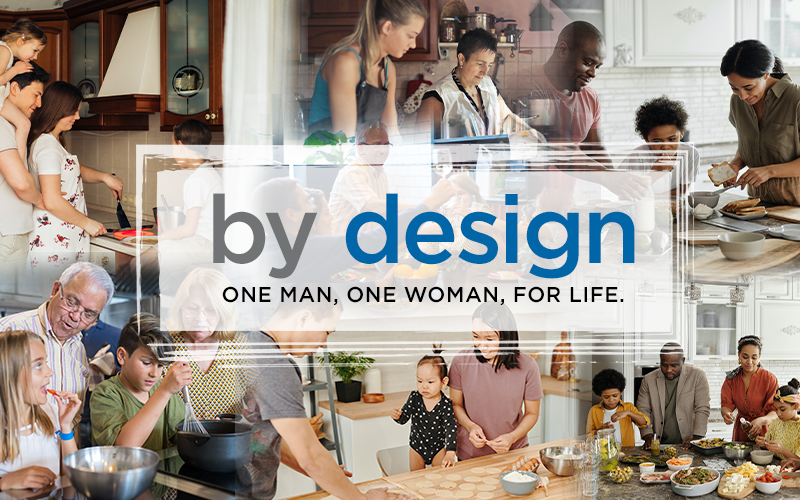Traditional Women
Sign up for a six month free
trial of The Stand Magazine!
In movies today, many strong female characters are dominating the industry. Female characters are shown to be leaders, heroes, and saviors. They can perform their job as well as any man and can kick anyone’s butt who tells them otherwise.
It is not wrong to have these types of females in movies. In fact, I enjoy watching those characters and some of them are my favorites. A problem occurs, however, when their plot points specifically target traditional women. It seems that no matter where you look these days, any strong female character is used in direct opposition to traditional femininity.
Many women in the past were depicted in a low light at the beginning of the cinematic age. Since women during that time were traditional, this gave feminists a reason to bombard the audience with characters in only a “girlboss” setting. What they fail to realize is that just because some traditional female roles were written poorly in the past, this does not equate to all traditional female roles being bad, toxic, sexist, or written in poor taste.
Feminists want to ignore the well-written characters (that many enjoy) because they believe those roles represent female weakness and male superiority. Traditional females are not bad or weak. They possess a different kind of strength, and there are many classic movies with traditional females who should be considered “girlbosses” in their own right.
Now, women thrown at us from Hollywood follow a specific pattern. She must either hate, degrade, or be superior to men in every way. She always needs to be right and never show weakness or ask for any help. She must be at the top of her field or climbing to the top, proving to everyone who bets against her wrong. And most importantly, she does not need to have a man or a family to be happy because she’s only devoted to her career.
Sadly, making all female characters in this radically progressive way has resulted in characters people mostly cannot stand. The paradigm has shifted from poorly written traditional women to poorly written progressive women. If that is not bad enough, studios are now remaking traditional female characters to fit the “girlboss” model.
This has already been applied in the Peter Pan remake with Wendy Darling. Wendy originally did not want to grow up. There was no specific reason. She just wanted to stay a child. She also became a mother figure to the Lost Boys and was a voice of reason among the group. The remake has changed Wendy’s story in that the reason she does not want to grow up is because she doesn’t want to be a lady of society. She wished to travel and marry no one.
While it’s okay to want these things, this changes Wendy’s entire nature. She was adventurous, independent, and good with a sword. I was okay with the changes at first, believing this made her character more exciting (since I thought she was buzzkill when I was a kid). But looking back, it’s obvious that her personality and character served a specific purpose. Not every girl needs to be represented in the save-all-be-all light.
Now, they are doing the same in the Snow White remake regarding the concept of love. Girls can no longer wish to be motherly or engage in the idea of having a relationship as a priority. Feminism was supposed to open the door to respect, work, and independence, not to throw away traditional values to further an agenda in the so-called name of equality.
There are many reasons why modern feminism is flawed, but nothing spells it out more than the Proverbs 31 woman. To some, she might be an impossible standard to follow, and others might not like her because of her familial ties. If you read through the last half of the chapter, it might seem that everything revolves around being a wife and mother; however, her leading qualities are not dependent on being a wife and mother, but those skills do enhance that side of her.
She can mainly be summarized in verses 25-26 (KJV), Strength and honour are her clothing; and she shall rejoice in time to come. She openeth her mouth with wisdom; and in her tongue is the law of kindness. This is reaffirmed in other verses throughout the passage. It’s also clear that she is a hard worker and should be recognized and praised for her work.
These characteristics were applied to strong females (before they became radically progressive), but they were originally held by traditional women. It’s time for people to realize what real feminine strength is. In the end, all women should strive to be like the Proverbs 31 woman, whether they are aiming to be a homemaker or a career-maker.

Sign up for a free six-month trial of
The Stand Magazine!
Sign up for free to receive notable blogs delivered to your email weekly.



















